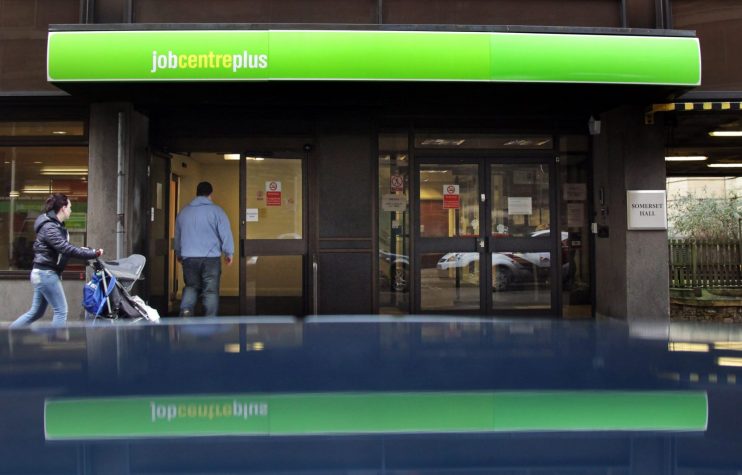DEBATE: Is Universal Credit fit for purpose?

Jonathan Reynolds, Shadow Secretary of State for Work and Pensions says NO
Universal Credit has failed on its own terms. It is not offering a route out of hardship instead it is perpetuating a cycle of debt and destitution that is hurting our economy.
The system starts people off in debt through the five week-wait, forces childcare costs to be paid up front and then claimed back. That system was always going to lead to insecurity for the people most in need of a sure footing.
These flaws have led to 4 million children living in poverty, a number rising even before the pandemic hit.
If Universal Credit was fit for purpose, why was there a need to increase it by £20 a week at the start of the crisis? And why since its introduction have food banks gone from being a niche form of support to an essential method of keeping children fed?
Matthew Lesh, Head of Research at the Adam Smith Institute says YES
Universal Credit provides a safety net while not trapping people in welfare. It has digitalised, automated and simplified welfare by replacing a labyrinth of previous payments. Importantly, it automatically adjusts and tapers out as income increases meaning it always pays to work.
Universal Credit has met the challenge of the coronavirus crisis. Between March and May 2020, the system processed over 2.2 million claimants. Applications were easily completed online rather than at a JobCentre as required by previous systems.
Despite extreme pressure, the number of claimants who received their first payment on time increased to a record high of 96%. The system also swiftly adapted to the suspending of sanctions and conditionality and increased payments.
The critics of Universal Credit have no alternative. They can kick and scream, and perhaps even make a reasonable case for more generous payments. What they cannot do is demonstrate that there is anything fundamentally wrong with the system.